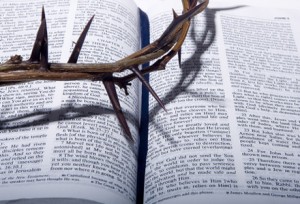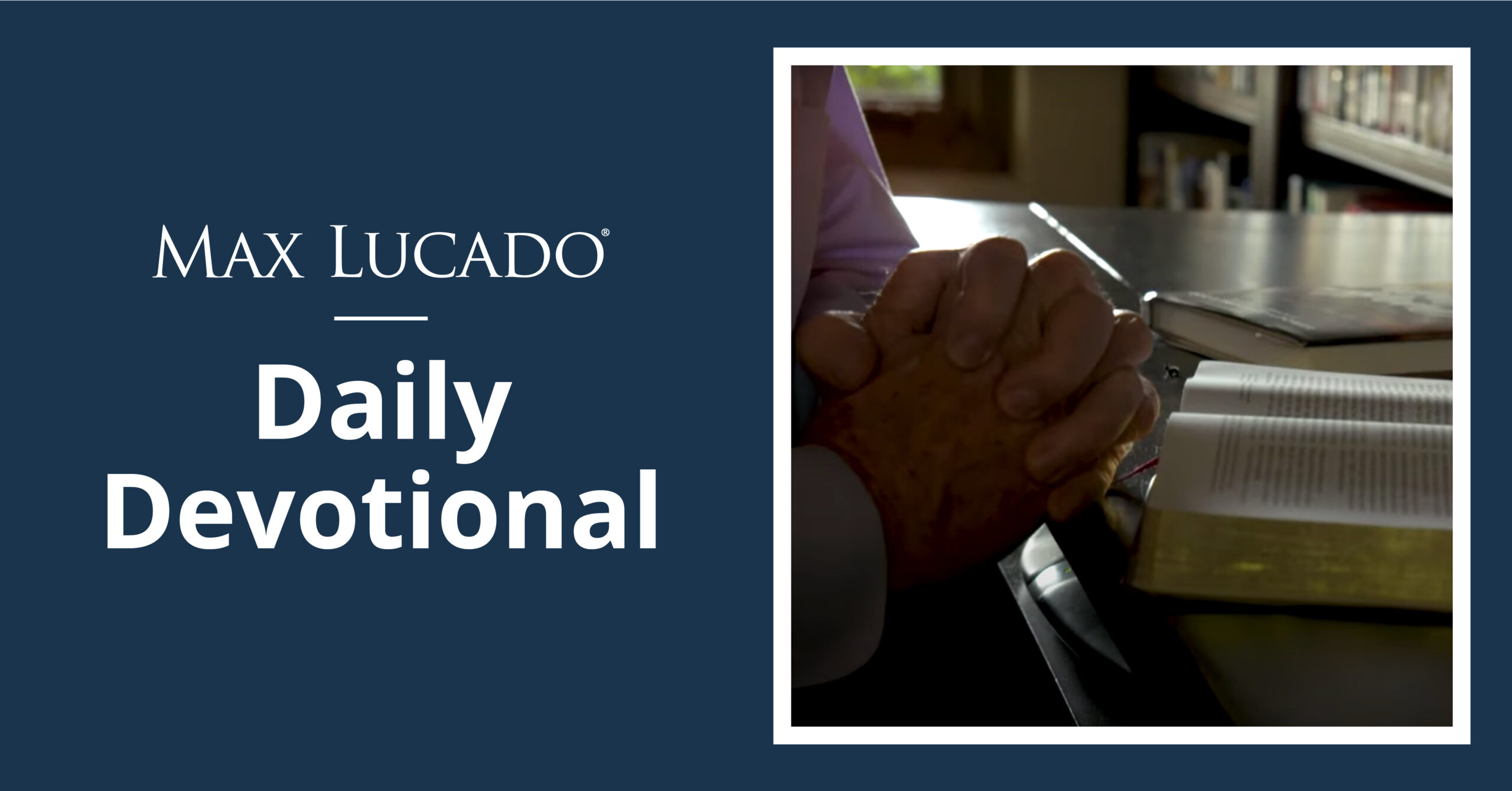Hear the words of King David, “Where can I go to get away from your Spirit? Where can I run from you? If I go up to the heavens, you are there. If I lie down in the grave, you are there. If I rise with the sun in the east and settle in the west beyond the sea, even there you would guide me” (Psalm 139:7-10).
Yet when God entered time and became a man, he who was boundless became bound. Imprisoned in flesh. Restricted by weary-prone muscles and eyelids. For more than three decades, his once limitless reach would be limited to the stretch of an arm, his speed checked to the pace of human feet.
I wonder, was he ever tempted to reclaim his boundlessness? In the middle of a long trip, did he ever consider transporting himself to the next city? When the rain chilled his bones, was he tempted to change the weather? When the heat parched his lips, did he give thought to popping over to the Caribean for some refreshment?
If ever he entertained such thoughts, he never gave in to them. Not once. Stop and think about this. Not once did Christ use his supernatural powers for personal comfort. With one word he could’ve transformed the hard earth into a soft bed, but he didn’t. With a wave of his hand, he could’ve boomeranged the spit of his accusers back into their faces, but he didn’t. With an arch of his brow, he could’ve paralyzed the hand of the soldier as he braided the crown of thorns. But he didn’t.

Remarkable. But is this the most remarkable part of the coming? Many would argue not. Many, perhaps most, would point beyond the surrender of timelessness and boundlessness to the surrender of sinlessness. It’s easy to see why.
Isn’t this the message of the crown of thorns?
An unnamed soldier took branches–mature enough to bear thorns, nimble enough to bend–and wove them into a crown of mockery, a crown of thorns.
Throughout Scripture thorns symbolize, not sin, but the consequence of sin. Remember Eden? After Adam and Eve sinned, God cursed the land: “So I will put a curse on the ground…The ground will produce thorns and weeds for you, and you will eat the plants of the field” (Genesis 3:17-18). Brambles on the earth are the product of sin in the heart.
Rebellion results in thorns. “Evil people’s lives are like paths covered with thorns and traps” (Proverbs 22:5). Jesus even compared the lives of evil people to a thorn bush. In speaking of false prophets, he said, “You will know these people by what they do. Grapes don’t come from thorn bushes, and figs don’t come from thorny weeds” (Matt. 7:16).
The fruit of sin is thorns–spiny, prickly, cutting thorns. I emphasize the “point” of the thorns to suggest a point you may have never considered: if the fruit of sin is thorns, isn’t the thorny crown on Christ’s brow a picture of the fruit of our sin that pierced his heart?
What is the fruit of sin? Step into the briar patch of humanity and feel a few thistles. Shame. Fear. Disgrace. Discouragement. Anxiety. Haven’t our hearts been caught in these brambles?
The heart of Jesus, however, had not. He had never been cut by the thorns of sin. What you and I face daily, he never knew. Anxiety? He never worried! Guilt? He was never guilty! Fear? He never left the presence of God! Jesus never knew the fruits of sin…until he became sin for us.
And when he did, all the emotions of sin tumbled in on him like shadows in a forest. He felt anxious, guilty, and alone. Can’t you hear the emotion in his prayer? “My God, my God, why have you abandoned me?” (Matt. 27:46). These are not the words of a saint. This is the cry of a sinner.
And this prayer is one of the most remarkable parts of his coming. But I can think of something even greater. Want to know the coolest thing about the coming?
Not that he kept his cool while the dozen best friends he ever had felt the heat and got out of the kitchen. Or that he gave no command to the angels who begged, “Just give the nod, Lord. One word and these demons will be deviled eggs.”
Not that he refused to defend himself when blamed for every sin of every slut and sailor since Adam. Or that he stood silent as a million guilty verdicts echoed in the tribunal of heaven and the giver of light was left in the chill of a sinner’s night.
Not even that after three days in a dark hole he stepped into the Easter sunrise with a smile and a swagger and a question for the lowly Lucifer–“Is that your best punch?”
That was cool, incredibly cool.
But want to know the coolest thing about the One who gave up the crown of heaven for a crown of thorns?
He did it for you. Just for you!
~ Max Lucado
from He Chose the Nails

